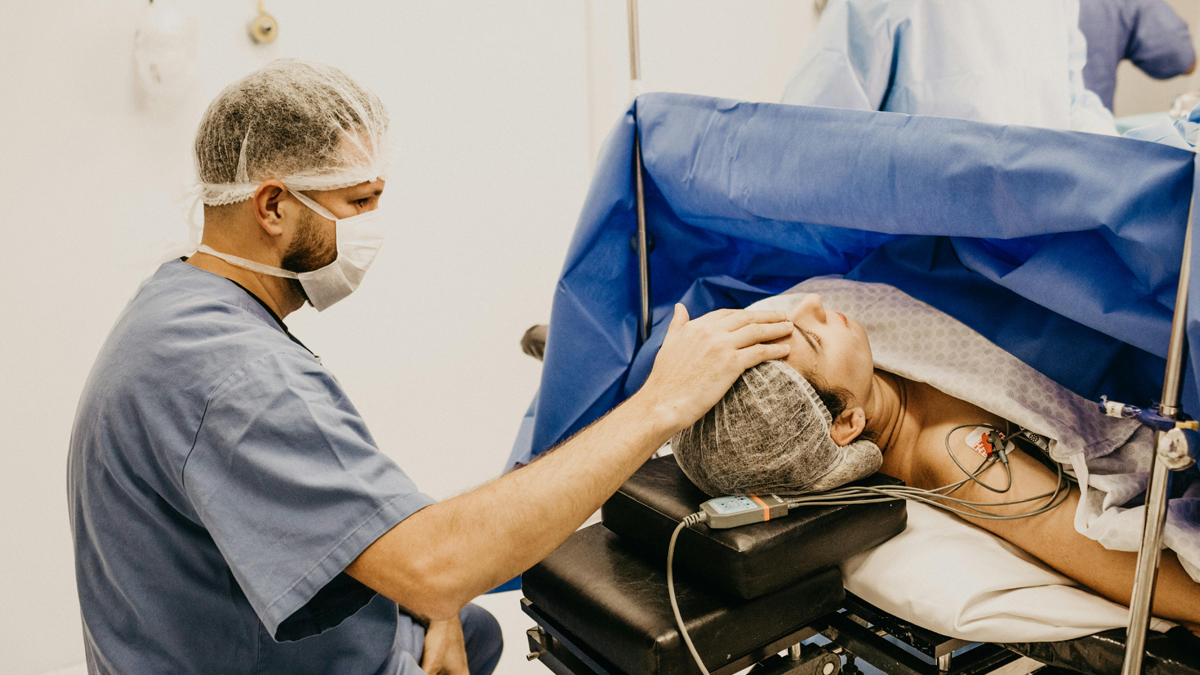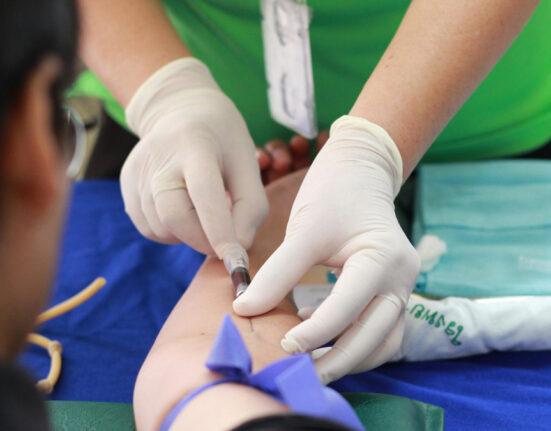Overcoming anxiety for an OSCE exam preparation (Objective Structured Clinical Examination) requires a combination of practical preparation, mental strategies, and self-care. Here are some detailed steps you can take:
1. OSCE Exam Preparation- Practical Preparation
Understand the Format:
- Familiarize yourself with the OSCE exam preparation format, including the types of stations you might encounter. Understand which are performing stations and which are silent stations in the NMC OSCE exam.
These stations typically include:
APIE Stations: Assessment, Planning, Implementation, Evaluation
Skills Stations: Focus on practical nursing skills
EBP & PV: Evidence based practice, Professional Value silent written station
- Prepare and practice all stations according to marking criteria.
- Record yourself – all performing station and review to identify the mistakes
- Role-play different scenarios to get comfortable with various patient interactions
· Practice again to overcome mistakes done before. By practice you can gain confidence as well
Get Feedback
- Practice with colleagues or mentors who can provide constructive feedback.
- Use this feedback to improve your skills and address any weaknesses.
- After each practice session, review what went well and what could be improved.
- Reflect on your learning and make necessary adjustments to your study plan.
Time Management:
- Practice managing your time effectively during each station. Use a timer to simulate real exam conditions.
- Learn to prioritize tasks within the allotted time for each station.
Think one station at a time
- Focus on the skill at hand
- Try to avoid thinking what happened before and what come next
Know what to expect
- Order of stations can be changed (Do not expect APIE will be given first) In exam it can be in any order
- Stay calm and focused throughout the exam.
2. OSCE Exam Preparation- Communication
- Listen and pay attention carefully when the examiner is introducing the station to you or you may miss some vital information.
- Please ensure you obtain consent, unless the station instructions/examiner informs you that this has already occurred.
- Read the instructions carefully as these will confirm what is being required to be completed at the station.
- Ask again if you have any doubt on briefing given by the assessor
- Chek all equipment before you start performing the skill
- Verbalize each step which you are doing
- Practice clear and effective communication, both with patient and Assessor
3. OSCE Exam Preparation- Day of the Exam
Preparation:
- Arrive early to the exam location to give yourself time to acclimate and settle any last-minute nerves.
- Bring all necessary materials and documents with you.
- Please wear an appropriate uniform consisting of a tunic, black pants or scrub suit, and black work shoes. Any color is acceptable for the uniform as long as there is no visible logo. If there is a logo, please cover it with white tape. Your shoes must be completely black.
· Talk to Peers and Mentors:
- Discuss your concerns with classmates or mentors who have gone through the OSCE. They can provide reassurance and practical tips
- Try to stay calm as this will allow you to demonstrate your abilities to the examiner
Self- Care
- Get plenty of rest before the exam day.
- Stay hydrated and eat well to ensure you are physically prepared.
- Practice stress management techniques, such as deep breathing and visualization.
- It is preferable to eat before you attend your OSCE.
Summary
By combining practical preparation with communication strategies and self-care, you can effectively manage and overcome anxiety for your OSCE exam. Regular practice, positive mindset, relaxation techniques, and a strong support system are key to performing confidently and successfully.
NMC OSCE For nurses Everything You Need to Know in 2024 👉 Click Here
For Any NMC OSCE Related Queries and Training Chat with Us!















Leave feedback about this